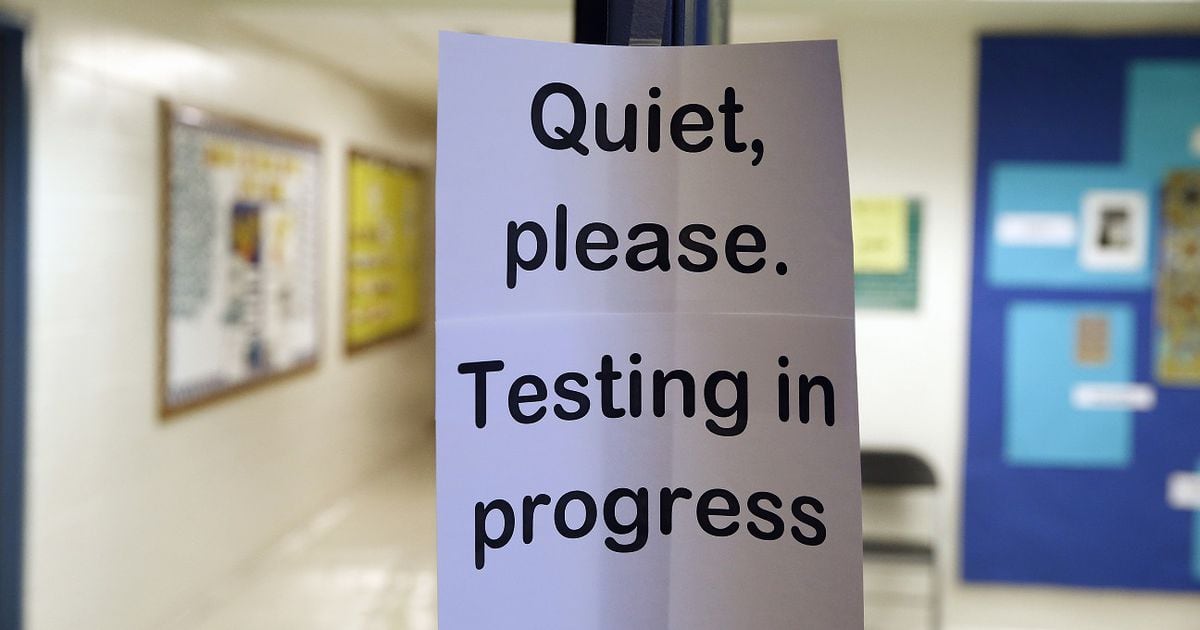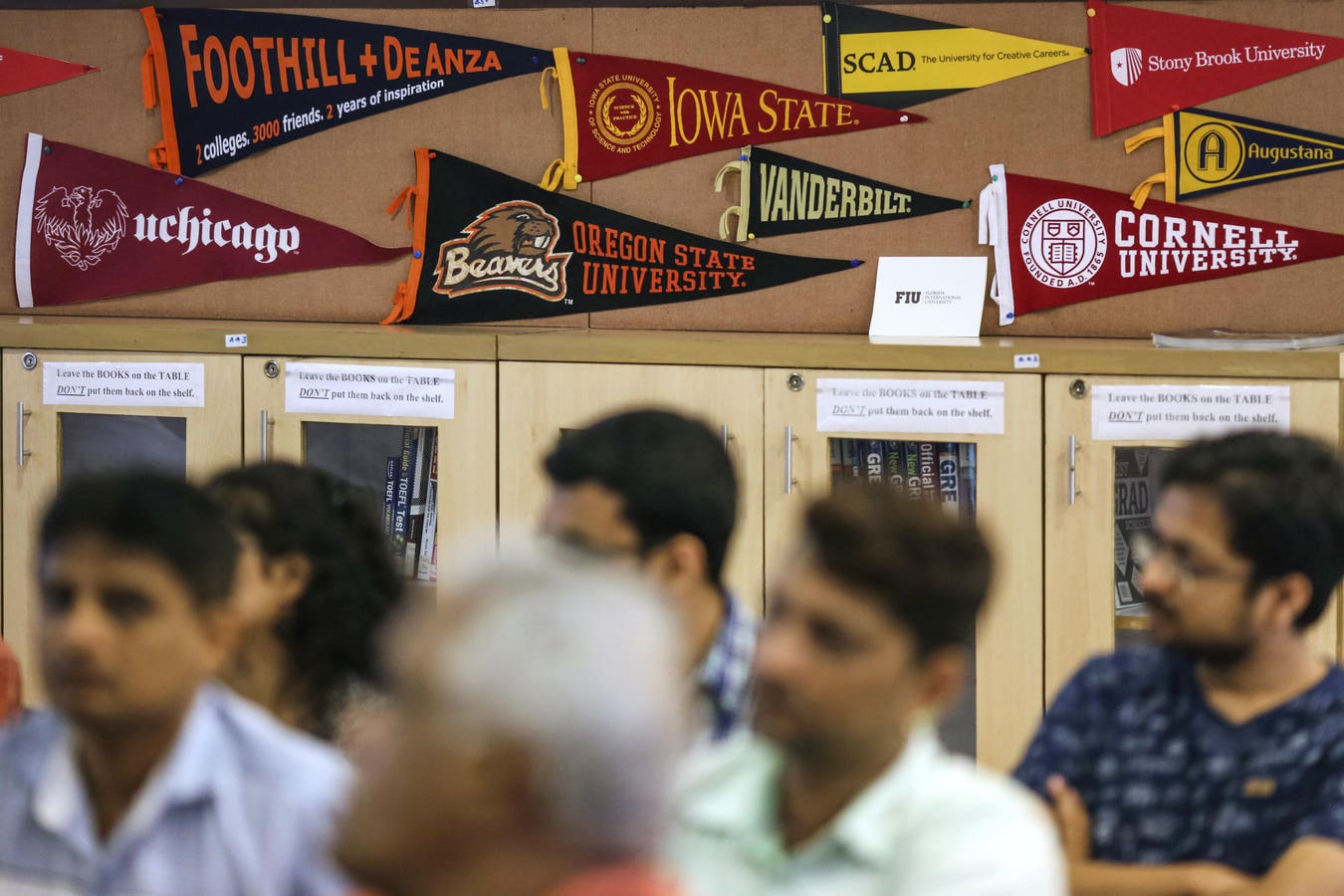YJMD
Helluva Engineer
- Messages
- 1,622
I think the whole notion of removing the standardized test scores is fraught with challenges. I, like basically every person I knew who went to GT, knew kids freshman year who showed up as a top 5% student in their high school only to fail out 1st semester. You need a standard measuring stick to evaluate a kid's academic ability. It isn't fair to anyone (the student who gets in but is unprepared/fails/is hosed for looking at transfer options or falls WAY BEHIND but stays at GT, the student who doesn't get in and could have better used that spot, the teachers/support staff at the Institute who are working with kids that aren't prepared for the workload, the parents who foot the bill, the list goes on and on).
I understand the argument that there is a subset of our kids who score disproportionately lower on the SAT / ACT, but that means we should rework those tests to be more indicative of the skills and fundamentals needed to be successful in college. We are treating symptoms of the problem, not the problem itself which is fix the broken K-12 situation that leads to kids being behind on reading comprehension/math/science etc.
Other than (as previously mentioned) kids coming in for a one and done kind of experience - which isn't what GT is all about - I don't see this being a good thing. Kids nationwide are going to find themselves in trouble academically and schools are going to have one less, flawed as it may be, data point to assess who can be tutored up and who won't be successful here. At least with the athletes someone from the school is talking with / evaluating the kids - for the general population (if we move to expanding the admissions requirement long term) it'll be a recipe for many mismatches.
I remember my roommate being shocked that he scored 100 points higher on the SAT than I did (and was also salutatorian in HS). I finished with a higher class rank at Tech than I did in HS. On paper, other than me being in state and him not, I doubt there would be anything on the application that would be scored in my favor. I'm not saying that my anecdote trumps yours. I think it's unlikely that your theory is completely untrue. I am saying, though, that no amount of data can eliminate a significant amount of variablility in the performance of students who are ultimately accepted. We should look at actual data before drawing what limited conclusions we are able to draw.
But this is an internet message board. It's not something I would expect any of us to have reasonable access to, so that's a lot of words to end up concluding that your thoughts are reasonable although I worry are overstated.
As has been pointed out, this rule is not relevant for Tech directly, but it is relevant because it may provide others a competitive advantage. I don't think we'd be pursuing anybody who would skip testing anyway. I can imagine 2 scenarios harmful to us: 1. recruit has reduced access to testing so takes the test late or has limited access to retesting so they are unable to meet the Hill's requirements to enroll or their spot is taken by someone else waiting for them to clear the bar, and 2. schools who don't provide much real education to (some) athletes in the first place now can grab some guys who would otherwise end up going the Juco/prep school route.
But I don't think the impact is going to be very big. Personally, despite the downsides and likely cases of abuse, there are a bunch of lower-tier prospects whose college hopes would be dashed without this. I think that benefit makes it worth it.



